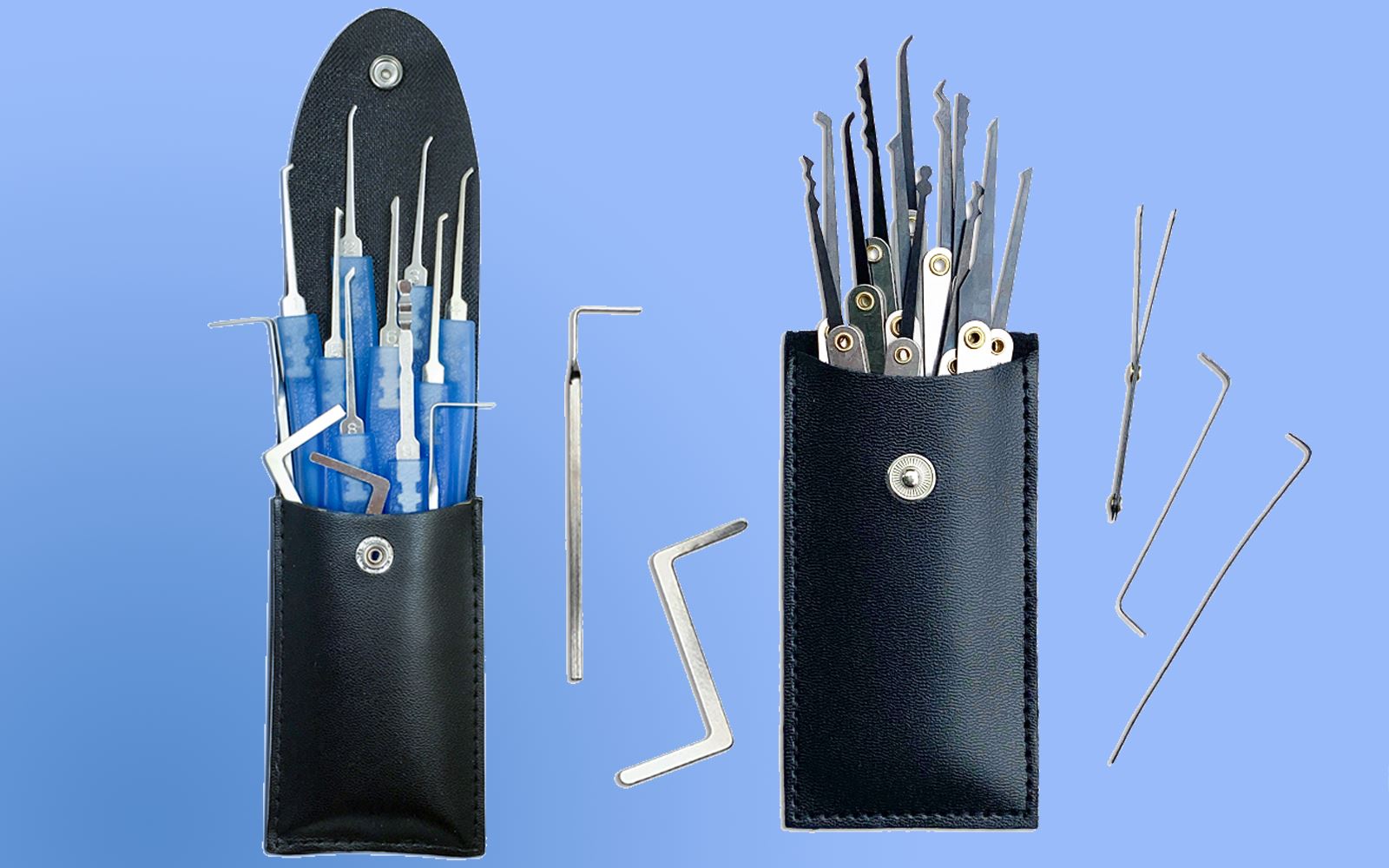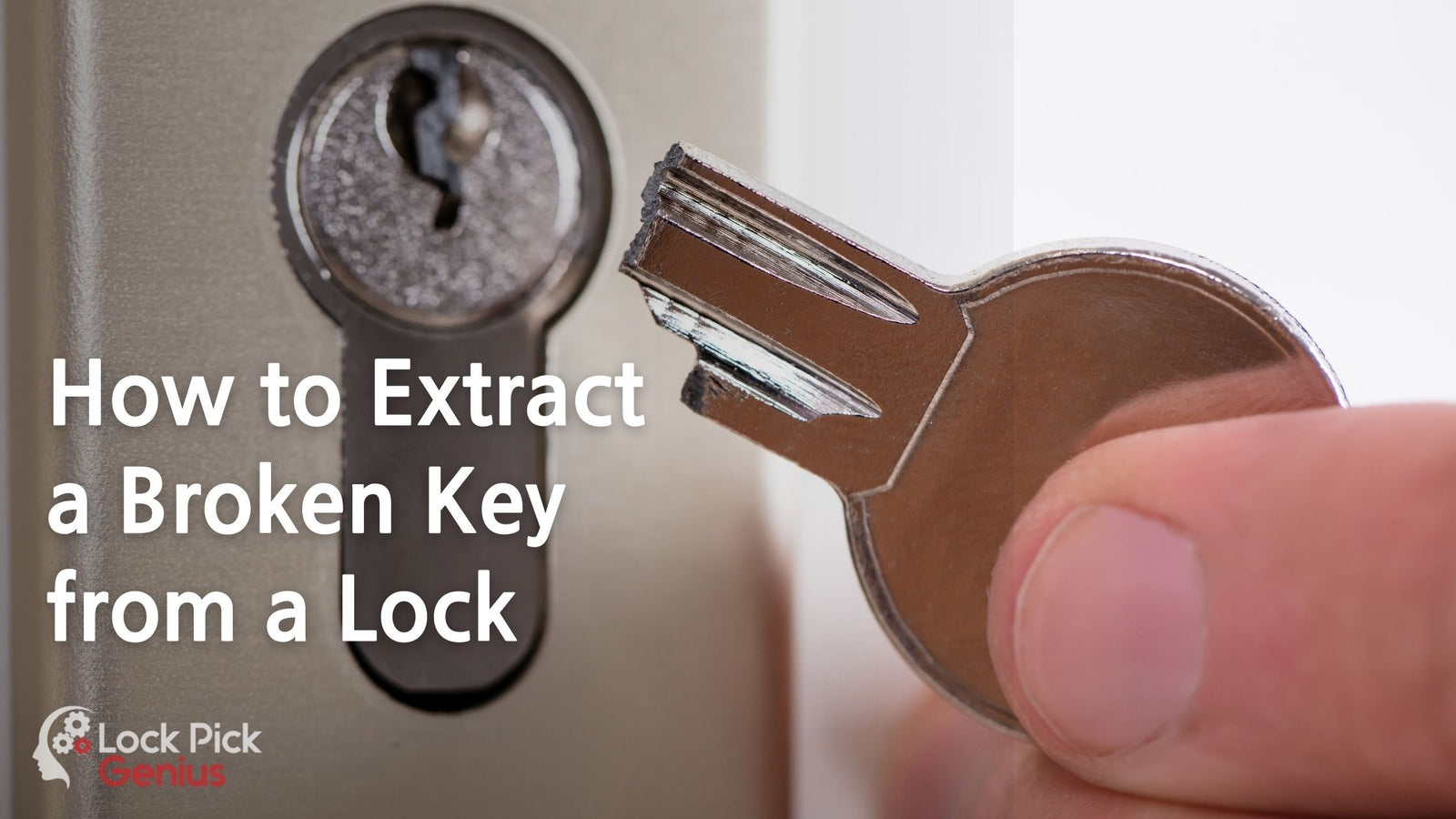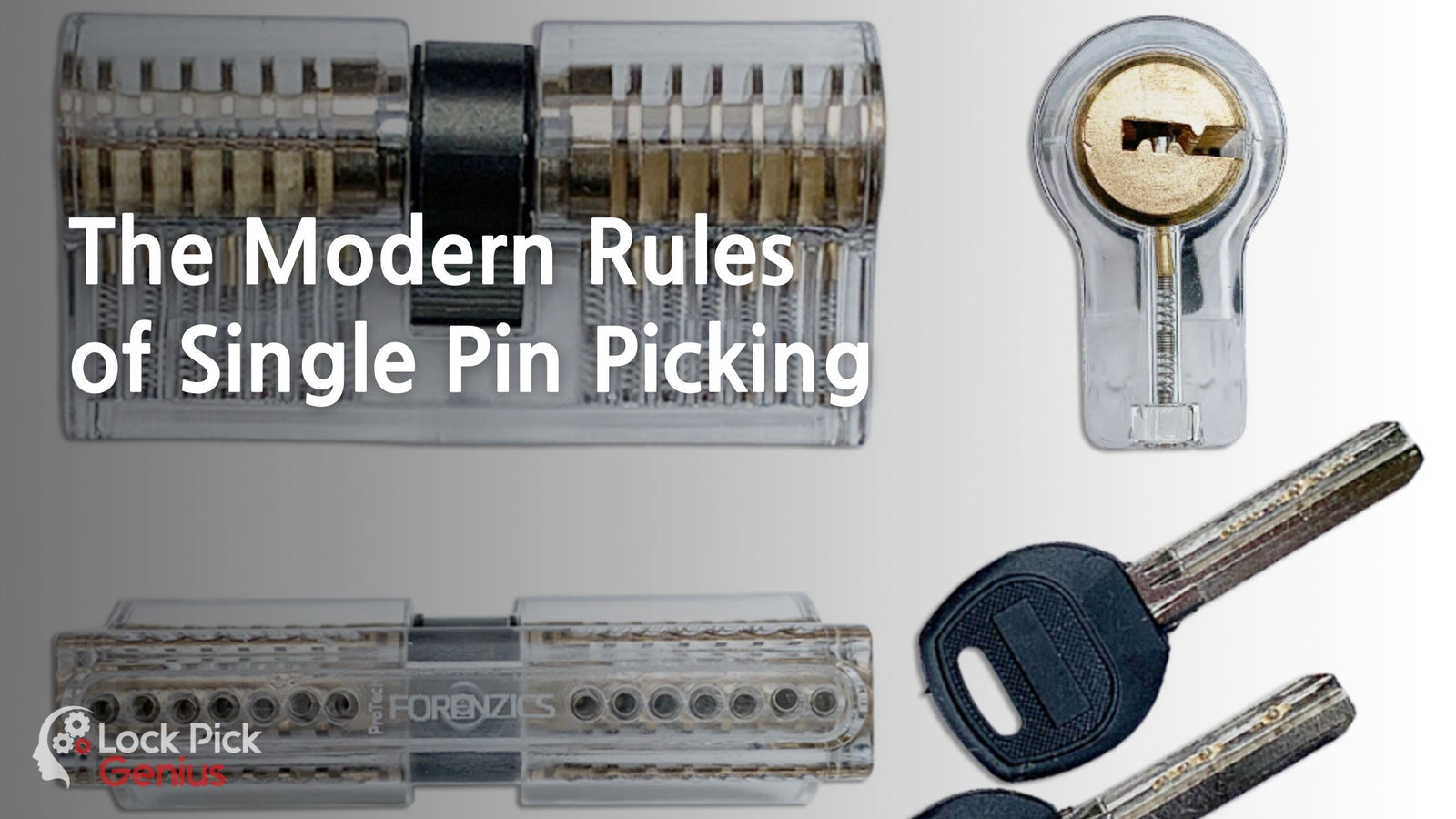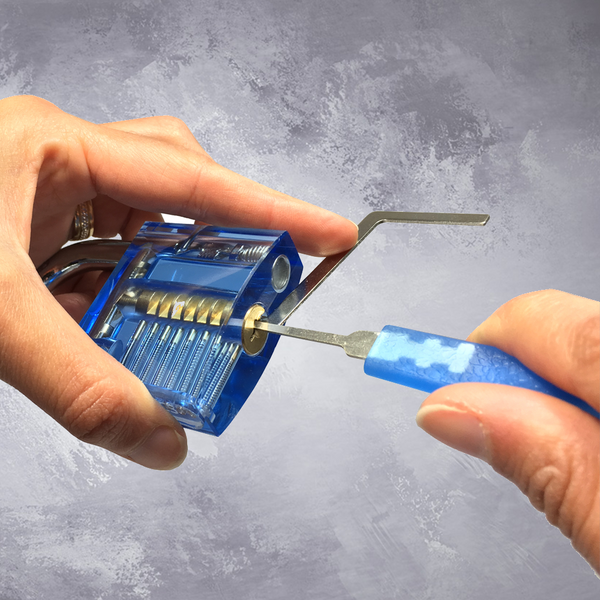Your Cart is Empty

Realistically, we’ve all seen images of lockpicking in the movies and sometimes on TV. Sometimes it seems that the difficulty varies, not with the lock or the skill of the practitioner, but with how much suspense a show needs to build up. Sometimes opening a closet seems to be like opening Fort Knox, while picking the safe at Fort Knox looks easier than picking teeth.
The truth lies somewhere in-between. Lock picking is a skill and an art, and it’s one that you can learn. You definitely need the right lock pick tools, good lockpick sets, good locks, and encouragement. And that’s why we’re here—to help you get your start with a minimum of difficulty and a maximum of value.
Now, do you know your lockpicking history? Ever since civilization began, we’ve tried to find ways to lock things away—and others have tried to find ways to open those locks. Even the Inca, who did not have locks as we know them, had complex arrangements of knots which were said to protect the “fidelity” of important subjects.
In all that time, there’s basically never been a completely unopenable physical lock. And that makes sense.
Some people call the idea of a world where no lockpicking, no tools, can open a lock a world of “perfect security”—a world where you know that a particular lock is unbreakable. While technology has advanced, we’ve never hit that point.
Some of it is just in the nature of how we close and open things. When you get away from physical locks and get to passwords, you gain the power of technology, but it’s still the way we think about locks which matters. You may change which toolsets are best, you may have different “tool kit”, but it still matters. You might have heard of the Cryptocurrency, Quadriga, whose funds and capital were sealed behind powerful encryption. The problem? The only person with that access was the founder. And when he died under mysterious circumstances, no-one could access the money. (Months later, the information was retrieved—only for the world to find out that the accounts had mysteriously been cleared and liquidated before that founder’s death. It’s the old problem of “no matter how good the lock, the human element will always matter.”
The history of the lock is incredibly ancient. They may have been Lemurian in origin. Our own records go back (at a minimum) at least as far as ancient Egypt (although they may have originated in ancient Mesopotamia). From the Middle Ages, for hundreds of years, the locks were not very good. What locksmiths could do best was add features like fake keyholes that could, at best, confuse an intruder.
But everything changed in 1770 with the arrival of an inventor named Joseph Bramah on the scene of the English locksmith. Bramah was a polymathist engineer known to be one of the fathers of pneumatic power. But he also put his talents at the service of improving locks. He created a lock far superior to all others. His so-called Bramah security lock included layers of complexity between the key and the deadbolt, which, according to Bramah, guaranteed his 100% security against theft. Bramah was so confident in his design that he published a booklet detailing his operation. His lock stood for almost 75 years as unbeatable—until, one day, a talented locksmith finally got it open. Since then, no-one has made an unbeatable lock.
Comments will be approved before showing up.


Be the first to know about lockpicking tips and upcoming sales and promos. Get a 10% discount coupon when you subscribe!

Sign up to get special offers, Tips, News and Great deals